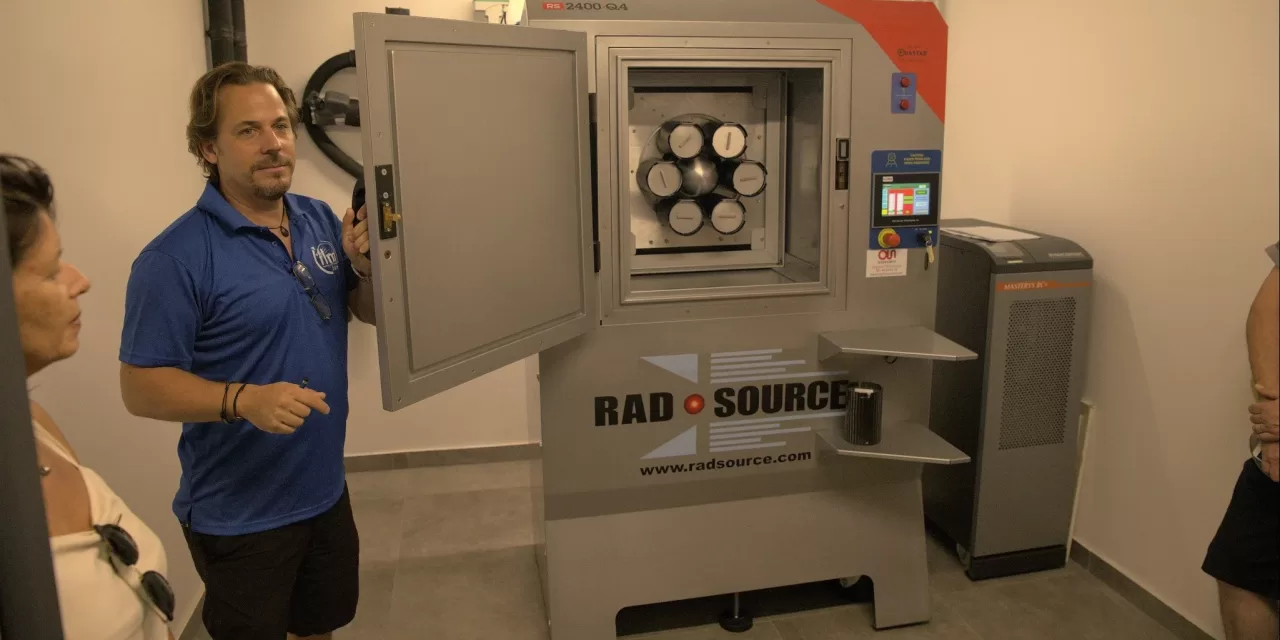The efficacy and safety of the dengue vaccine have received robust confirmation from the first global meta-analysis, affirming its crucial role in combating the disease. The study, published in Vaccines, highlights the vaccine TAK-003, also known as Qdenga, which is currently the only dengue vaccine approved in Italy and several other European countries.
Conducted by researchers from the University of Bologna and the University of Ferrara, this comprehensive analysis marks a significant milestone in dengue prevention. Lamberto Manzoli, director of the School of Specialization in Hygiene and Preventive Medicine at the University of Bologna and study coordinator, expressed enthusiasm about the findings: “This is the first comprehensive global analysis, and we are very pleased with the data. It was not a foregone conclusion; it took many years to develop a vaccine with such good results.”
Dengue fever, transmitted by mosquitoes, affects approximately 400 million people annually in tropical regions and leads to over 3 million deaths each year. The expansion of mosquito habitats due to climate change has increased the frequency and spread of dengue outbreaks, even in regions like Italy where the disease is becoming a significant health concern.
Currently, no effective treatment exists for dengue, and environmental measures alone cannot fully prevent outbreaks. Vaccination remains the primary prevention strategy. TAK-003, approved for use in Europe in December 2022, has demonstrated promising results, but until now, there was no comprehensive assessment of its effectiveness and safety.
The meta-analysis scrutinized data from 19 scientific studies involving over 20,000 individuals. The results revealed that the vaccine reduces the risk of contracting dengue by over 50% and boasts a commendable safety profile. Among individuals who received both doses, more than 90% developed antibodies against dengue, with positive responses observed in those receiving just one dose as well: over 70% in adults and more than 90% in children and adolescents.
Maria Elena Flacco, director of the School of Specialization in Public Health at the University of Ferrara and lead author of the study, emphasized the significance of these findings: “Given the results in terms of safety, immunogenicity, and efficacy, the administration of two doses can undoubtedly be a key tool for dengue prevention.”
The study underscores the potential of the Qdenga vaccine as a valuable resource not only for populations in endemic regions but also for travelers from non-risk areas.
The research team included Alessandro Bianconi, Matteo Fiore, and Lamberto Manzoli from the University of Bologna, and Maria Elena Flacco, Giovanni Cioni, Giovanna Letizia Calò, Gianmarco Imperiali, Vittorio Orazi, Marco Tiseo, Anastasia Troia, and Annalisa Rosso from the University of Ferrara.
For further details, refer to: Maria Elena Flacco et al, “Immunogenicity, Safety and Efficacy of the Dengue Vaccine TAK-003: A Meta-Analysis,” Vaccines (2024). DOI: 10.3390/vaccines12070770.












